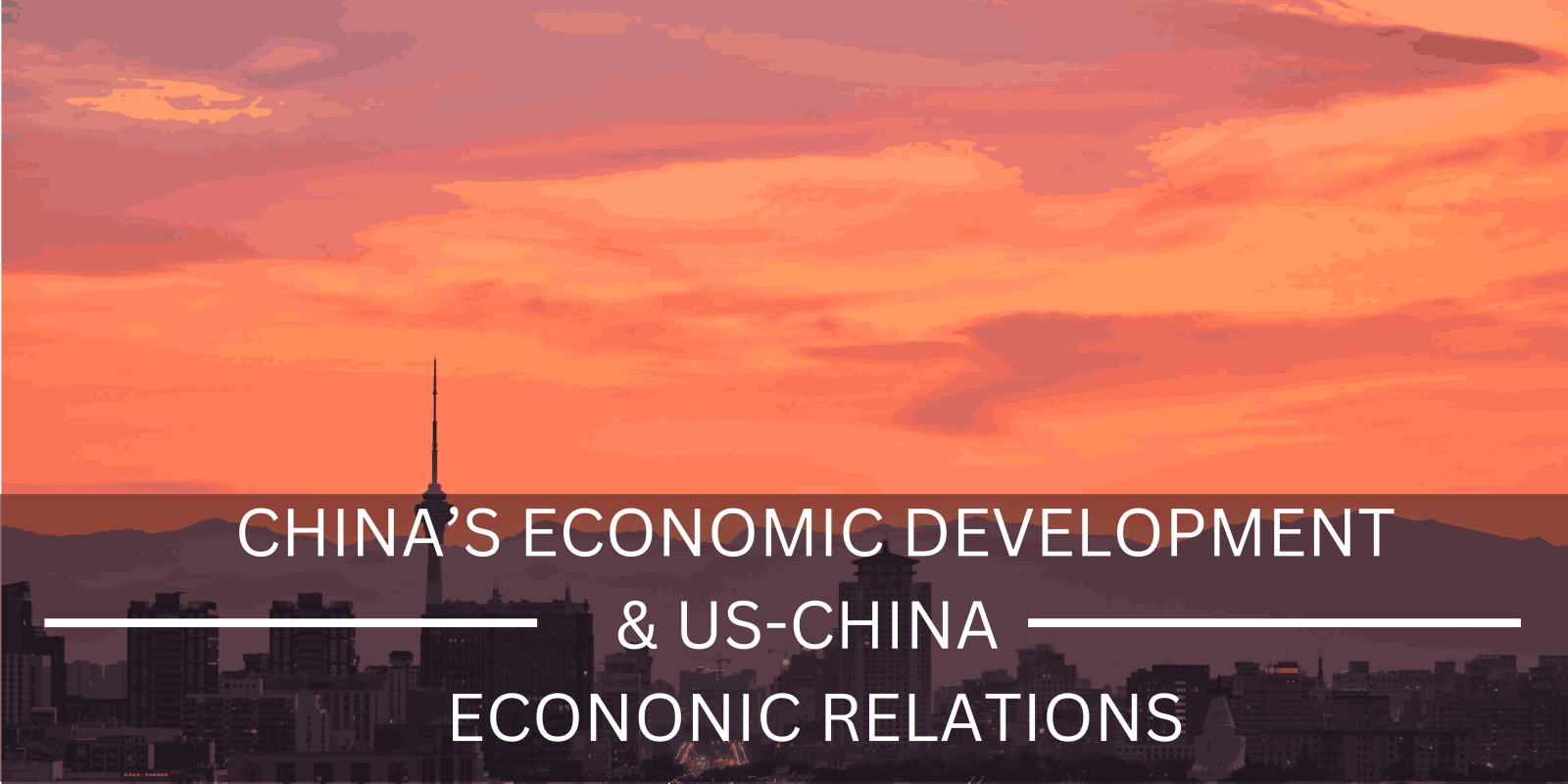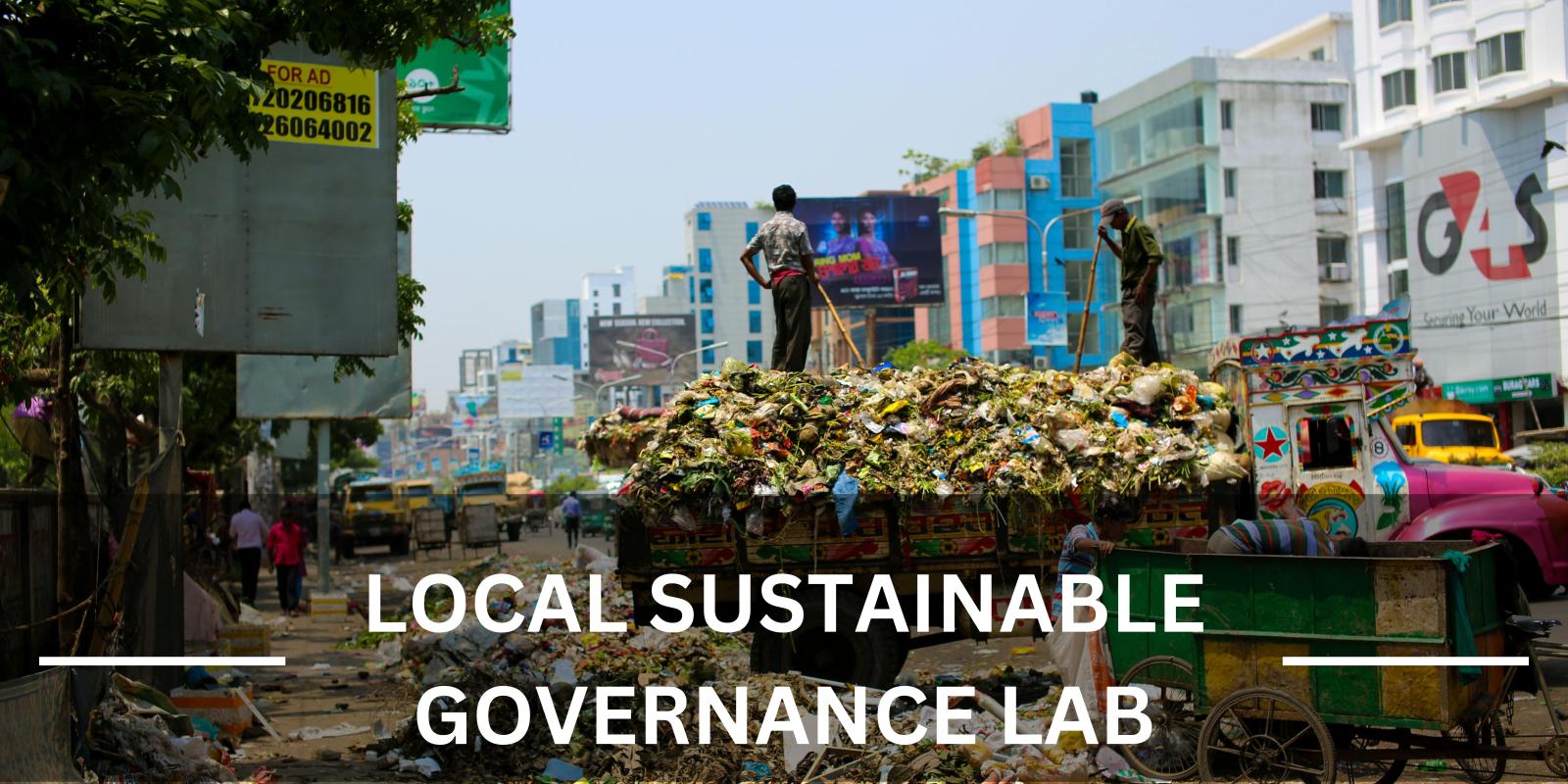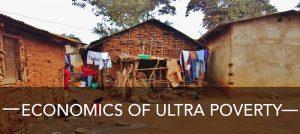Initiatives

______
China’s Development and US-China Economic Relations
The US – China relationship is now second to none in importance for international economic relations and policy and accordingly is a major focus of IIEP. The centerpiece of this initiative is our annual Conference on China’s Economic Development and U.S.-China Economic and Political Relations, which has become one of the premier events of its type.
______
Climate Change and Sustainable Cities
Climate models indicate that impacts of climate change will be most severe in areas where a majority of the world’s extreme poor live, particularly in sub-Saharan Africa and in parts of South Asia. Therefore, research is needed to better understand the nature of these impacts and their repercussions. This research can assist developing country governments and donor agencies to mitigate the impacts on poor communities and can influence and contribute to constructive responses. Research can help identify steps that households, communities and firms can take and policies required to facilitate such adaptations to climate change in resource-poor contexts
______
Economics of Ultra-poverty
IIEP faculty led by Professors James Foster and Stephen Smith are engaged in research and policy analysis on extreme (or ultra-) poverty in the developing world. IIEP’s ultra-poverty initiative focuses on basic and applied research, organizing conferences, work with international organizations, and both technical and policy publications. IIEP is well placed to emerge as one of the world’s leading centers for scholarship on global poverty with our widely cited research and high-quality events building to a major international conference in spring 2012.

______
Envisioning India and India-US Economic Relations
Envisioning India – now the world’s 3rd largest economy (PPP) – and the world’s largest democracy is a key focus of the Institute for International Economic Policy (IIEP). India’s rapid growth, reduced poverty, growing inequalities and its impact on climate change make its future development and its challenges an area of great interest at IIEP. The increasing importance of US-India economic and strategic relations is also highly relevant to understanding the future of the global economy and governance issues.
______
Global Economic Governance in the 21st Century
In September 2011 IIEP launched a new signature initiative on global economic governance that will examine the role and evolving shape of international economic institutions in the 21st century. This initiative, made possible by the generous financial support of an anonymous donor, will build on existing IIEP research strengths and leverage its unparalleled location in the heart of international economic policy making in Washington DC. IIEP is emerging as one of the leading centers focused on economic governance in the increasingly integrated world economy.

______
Local Sustainable Governance Lab
The Local Sustainable Governance Lab focuses on enhancing local governance's role in addressing climate change and sustainability challenges. Led by core faculty from various disciplines at the Elliott School of International Affairs (ESIA), the Policy Lab’s primary goal is to make local governance around the world an effective force for measurable progress in the area of climate change and sustainability. Recognizing that most climate action happens at the local level, the initiative seeks to overcome the significant challenges local policymakers face, such as data management, system coordination, and just infrastructure development.





